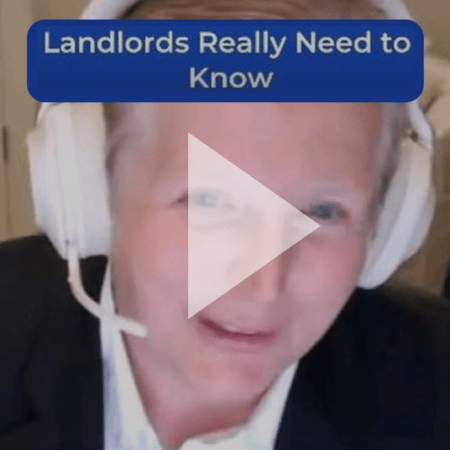Pennsylvania 30 Day Notice To Quit
Pro Form: Create a Pro Account to access this form
4.4 Stars
Use this 30 Day Notice to Quit for leases that are for 1 year or longer, where a tenant has violated a lease for reasons other than non-payment of rent.
Document Last Modified: 7/8/2024
Document Features
Editable
Auto-Fill Document
State-Specific
Related Documents
When To Use The Pennsylvania 30 Day Notice To Quit
The Pennsylvania 30 Day Notice To Quit is the first step in evicting a problem tenant. Landlords may only use this notice for a lease agreement that lasts for one year or more. This notice may only be given when a tenant has violated their lease agreement for reasons other than non-payment of rent. Landlords may use a different form if the tenant has not paid their rent.
This form can be used for lease violations such as:
- Overcrowding at the property,
- Not following health and safety regulations,
- Having unauthorized pets,
- Participating in illegal activity.
It is important to note that this notice is used to tell the tenant that their lease has been terminated because of the violation. This notice does not give the tenant the opportunity to cure the violation. They must leave the property within 30 days of receiving the notice.
Timing Is Important
It is important in the eviction process for the landlord to wait the 30-day period after delivering the notice before taking further action. This 30 day compliance period allows the tenant the opportunity to vacate the property before the landlord is able to file for a hearing in court to evict the tenant.
Landlords can serve this notice the tenant directly, post it on the door of the property or leave it with another responsible resident that lives with the tenant in question.
Tips From The Experts
The team at EZ Landlord Forms has years of experience and insider knowledge that is available to landlords and tenants at: https://www.ezlandlordforms.com/articles/news/. This information is there to help landlords understand their rights as well as improve their relationship with tenants.
Laws to Know and FollowLandlords should be familiar with the actual laws and regulations set out by the state of Pennsylvania if they would like to make sure the are following the specific rules for their area. These details can be found by reading the Tenant-Landlord Handbook for the state.
Pennsylvania State Specific Forms
- Pennsylvania 10-Day Notice to Quit: This notice is used for Tenants who have not paid rent. It’s required prior to initiating eviction proceedings.
- Pennsylvania 15-Day Notice to Quit Breach of Lease: This form is used for Leases less than one year or for an indeterminate amount of time and is for Tenants that break the Lease for reasons other than non-payment of rent. This is a necessary step in the eviction process.
- Pennsylvania 30-Day Notice to Quit: This Notice is for Leases that are one year or longer and for Tenants that have violated the Lease for reasons other than non-payment of rent. It’s required to initiate eviction proceedings.
- Pennsylvania Landlord-Tenant Act: This resource makes it simple for PA Landlords to access all of the state Lease laws.
- PA Landlord-Tenant Act - Disposition of Abandoned Personal Property: Pennsylvania has specific requirements for how Landlords should deal with property that Tenants abandon. This document provides you with those requirements and makes this difficult process a little EZier.
- Philadelphia Bed Bug Addendum: Philadelphia bed bug addenda require, disclosing any bed bug infestation or remediation in the last 120 days, and providing a bed bug informational notice.
- Philadelphia Bed Bug Brochure: Philadelphia Landlords are required to provide Tenants with this bed bug informational notice. We recommend using this brochure along with the Philadelphia Bed Bug Addendum to document that your Tenant has received a copy of this notice.
Want access to all of our forms and tools? Check out our Pro Plans!
